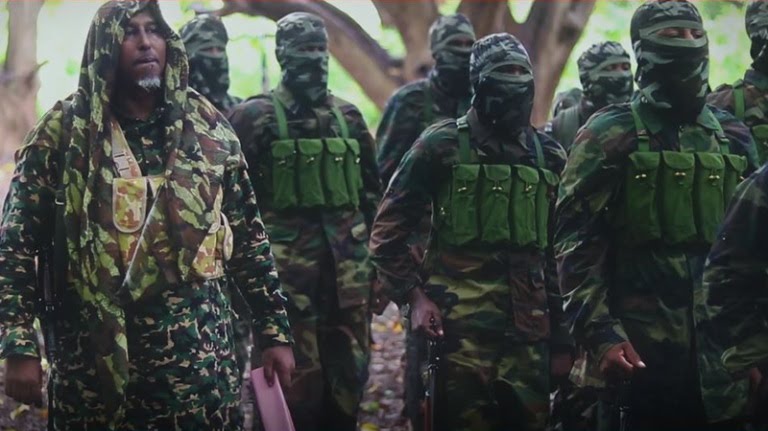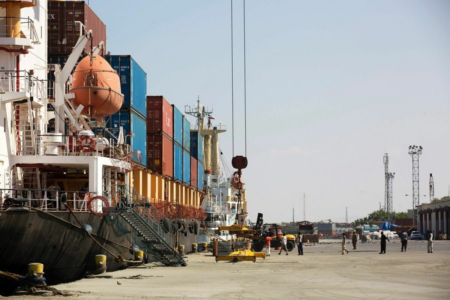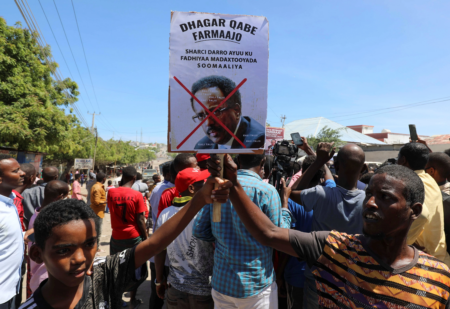Al-Shabaab Attacks Somali National Army (SNA) bases near Afgoye, triggering intense clashes. The militants used explosives and gunfire, leading to casualties on both sides. Despite the assault, government forces successfully repelled the attackers and secured their positions. The incident highlights ongoing security challenges in the region.
Tactics Used in the Attack
The militants launched their assault with a suicide vehicle-borne improvised explosive device (SVBIED) to breach the army base defenses. This was followed by heavy gunfire from multiple directions, attempting to overwhelm Somali National Army (SNA) forces. Reports indicate that at least 30 armed militants participated in Al-Shabaab Attacks. Similar tactics have been used in previous assaults, demonstrating the group’s strategy of combining explosives with direct combat.
Response from Government Forces
The Somali National Army (SNA) responded swiftly, engaging the attackers in a prolonged gunfight. Security officials confirmed that multiple militants were killed, while government forces suffered some casualties as well. Reinforcements were deployed from nearby military posts to strengthen defenses and secure the area. The government emphasized its commitment to countering such threats and maintaining stability in the region.
Security Challenges After Al-Shabaab Attacks
Frequent Al-Shabaab Attacks in strategic areas like Afgoye highlight ongoing security concerns in Somalia. Data shows that over 200 attacks have been recorded in Somalia in the past year alone, affecting military and civilian targets. The instability poses risks to local communities and disrupts economic activities. Experts stress the need for stronger intelligence operations and increased international support to curb future threats.
The recent attack near Afgoye highlights the persistent threat posed by militant groups in Somalia. While government forces successfully defended their positions, ongoing security measures and intelligence efforts are crucial to preventing future assaults. Strengthening regional stability requires continuous military readiness and strategic counterterrorism initiatives.
Al-Shabaab Attacks also underscores the need for greater regional and international cooperation in combating extremism. Without sustained efforts, the cycle of violence could continue to disrupt peace and development in Somalia.








